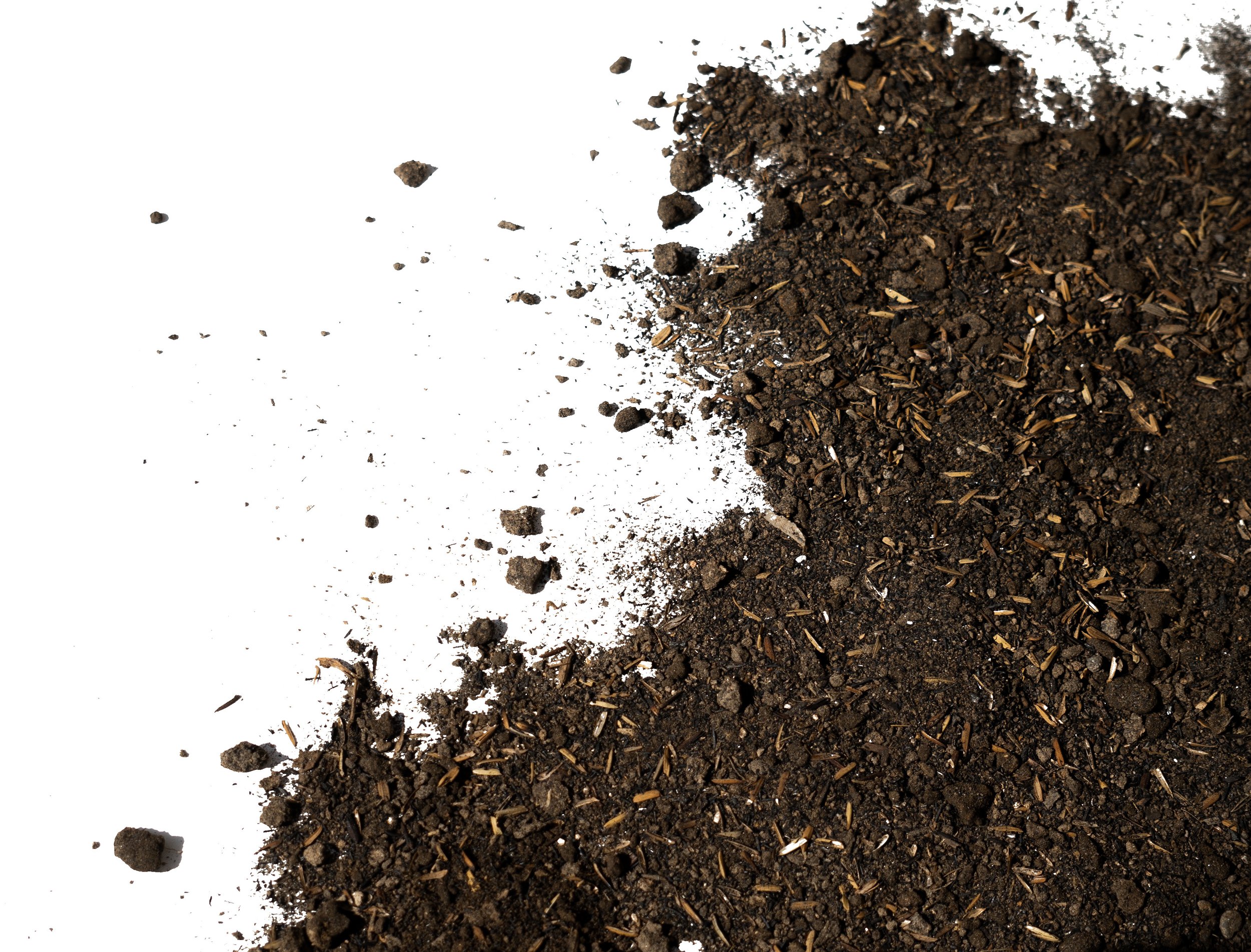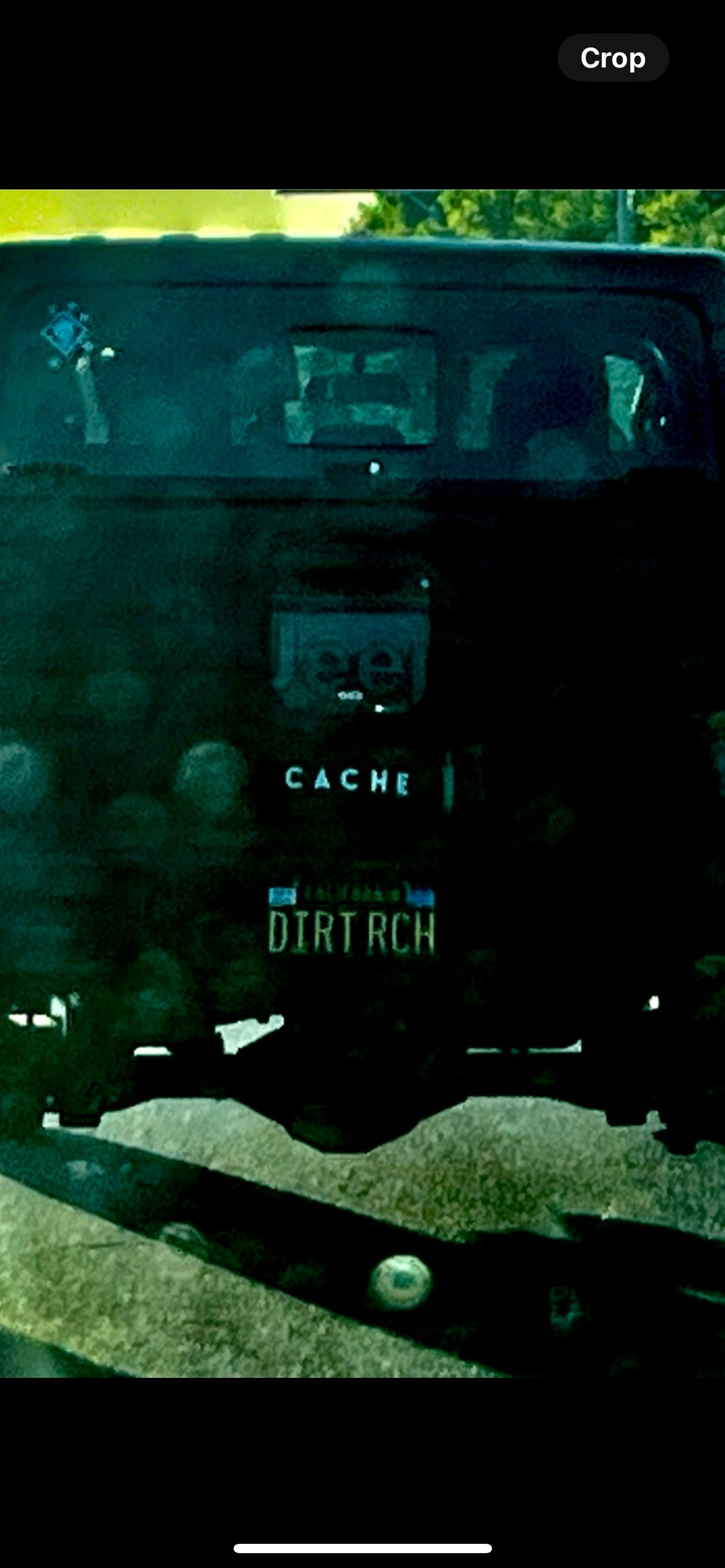Dirt Rich
I don’t remember when I first heard it, but the phrase “dirt poor” has lived in my vocabulary for decades. It belongs to the lexicon of struggle that I am sure many of you are familiar with. Most of us have heard phrases, expressions, and idioms that speak to the financial difficulties that many of our family members and friends have wrestled with for generations. I’m sure you’ve heard some of them:
I was so poor I couldn’t rub two nickels together
I was so poor I didn’t have a pot to urinate in or a window to throw it out of. (Note: another word that begins with the word “p” was typically used lol)
I was broker than two left shoes
If you’ve never heard any of these expressions, you are extremely fortunate and have been extremely blessed. Although I grew up hearing most of them, I really had no idea what any of them actually meant. The people who first uttered them belonged to earlier generations who knew struggle in ways that most of us can scarcely imagine. Such is the case with the expression “dirt poor.”
According several sources, the phrase “dirt poor” originated in environments where the houses did not have floors covered by any materials. Most modern floors are covered by stone, cement or wood. In earlier times, they were covered by straw. If someone was unable to cover the floor in the house where they lived, they were considered dirt poor. It is easy to deduce how stressful such living conditions must been, particularly if it rained. Being dirt poor was pretty poor.
So imagine my surprise earlier this week when I saw this license plate on a jeep in front of me as I was driving home:
I followed the truck for a good 7 minutes until we arrived at a stop light. I am sure that the occupants knew that I was following them. In retrospect I probably should have tried to get them to stop. But you know…this is LA lol. But I followed them long enough to get a fairly decent shot of the plate. I have fairly weak phone editing skills so that is the best I could do. But you see the license plate clearly enough. It caught my attention because I’ve heard of being dirt poor. But never, ever have I heard of being dirt rich!
Furthermore, that is a custom California license plate, which take four months to process and costs almost $100 (or more) So whoever came up with that idea spent some time thinking about it, and wanted to make a point. Dirt rich!! I don’t know what that expression means. But I am going to offer my view on what I think it does.
I think it means that the dirt has nothing to do it with it. “Dirt poor” or “Dirt rich” all depends on how you see the dirt. For some people, dirt is a barrier. For others, dirt is a bridge. For some people, dirt is an obstacle. For others, dirt is an outlet. For some people, dirt is a fence. For others, dirt is a freeway. Several centuries ago while languishing in prison, the poet Richard Lovelace wrote a poem to his wife in which he said “Stone Walls do not a Prison make, Nor Iron bars a Cage;. In the same way that walls and bars do not make prisons, dirt does not make or break wealth, prosperity, or well being. It all depends on how you see the dirt.
When God saw a pile of dirt on the sixth day of creation, he saw it as an opportunity. He saw a man inside the pile of dirt. And according to Genesis 2:7, this is what he did with it:
God formed Man out of dirt from the ground and blew into his nostrils the breath of life. The Man came alive—a living soul!
God was dirt rich! Apparently God understood that everything depends on how you see the dirt. As one church father put it in Latin: materiam superabat opus: the workmanship exceeded the materials. And I believe that is the lasting, lifting, and laudable lesson on that license plate.
Quit complaining about the materials that you have been given, or have been forced to work with. Bring your imagination, faith, and creativity to every pile of dirt in your life. And may your workmanship exceed your materials.



